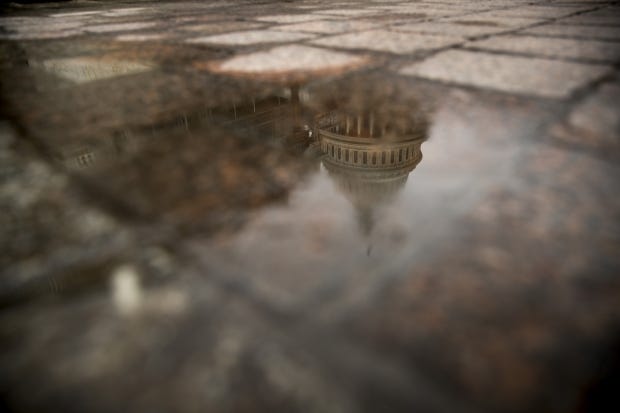On the Fourth of July in 1965, Dr. Martin Luther King, Jr. gave a speech in Washington DC on The American Dream. He railed against the continuing yoke of racism and on the need to press on after the passing of the Civil Rights Act the previous year. He talked about the power of The American Dream to provide us not only the fuel and the hope to continue the work, but also to provide us a story that binds our fates together.
All I’m saying is simply this, that all life is interrelated. We are tied in an inescapable network of mutuality, tied in a single garment of destiny. And whatever it affects one directly it affects all indirectly.
The purpose of our (and any) founding story is to make sense of the world, to help us understand how to locate ourselves in history, and to define a future to aspire to in both the wide complex universe and amongst our neighbors. Humans are not strong enough or fast enough to survive alone. But our “single garment of destiny” helps ensure that our capacity to share narratives at scale gives our world and our behavior structure at a distance (thank you, Yuval Harari, too). The current of outrage and hyperpolarization that characterizes so much of American politics threatens to rend that garment. What is necessary in this moment is that we remember and hold on to what is true and durable about that story and not confuse this moment of conflict for that durable truth.
We cannot adjust our story to include political violence no matter the calls for unity and to move on — the events of January 6th cannot be acceptable. The injustice of leaders not held accountable for inciting violence cannot be acceptable. It is uncomfortable to remain uncomfortable, to refuse to accept what we seem to see everyday and what many of our leaders seem to accept as inevitable. But finding the status quo unacceptable and refusing to adjust, refusing to accept, refusing to allow injustice to become more comfortable has always been the foundation of moral leadership—and is exactly the posture that Dr. King demands of us:
And I say to you this evening that there are some things in our social order to which I’m proud to be maladjusted. I call upon men of goodwill all over the nation to be maladjusted until the good society is a reality. I never intend to adjust myself to the evils of segregation and discrimination. I never intend to become adjusted to religious bigotry. I never intend to adjust myself to economic conditions that will take necessities from the many to give luxuries to the few. I never intend to become adjusted to the madness of militarism, and the self defeating effects of physical violence. And I think now it has come for men all over the nation and all over the world be maladjusted to all of these things. For it may well be that the salvation of our world lies in the hands of the maladjusted.
The moral leaders of every era held onto their maladjustment as their guiding north star, refusing to accept the status quo they inherited and instead keeping their shoulders into the wheel. There is nothing to accept about the behavior of insurrectionists. There is no space to be made for white supremacy. And most importantly, there is no shrugging to the cynical embrace of leaders who provide any quarter or approval, tacit or explicit, for violence in America. Yes, violence must be prosecuted. And yes, anyone who provides quarter to violence must similarly be expelled from leadership.
With such maladjustment we would be able to emerge from the bleak and desolate midnight of man’s inhumanity to man into the bright and glittering daybreak of freedom and justice.
But remaining maladjusted to injustice is exhausting — especially when it seems that the mainstream chorus calls us to acclimatize, to accept, to let it go. And here is the latest cruel reality of the pandemic: our best antidote to this siren song of the status quo is community, to be close with our maladjusted family, so that we don’t trick ourselves into thinking that we’re the only ones. If you’re uncomfortable right now, you’re doing it right—and you are not alone.
Welcome to 7 Bridges — a conversation about the future of humanity and democracy in America. If you’re joining us for the first time, hello! Subscribe via the button below to get this in your inbox for free.
And please consider becoming a paid subscriber to support this work, too. Subscribing to 7 Bridges is the best way to keep it free and open to all — and to support new voices and independent media.




